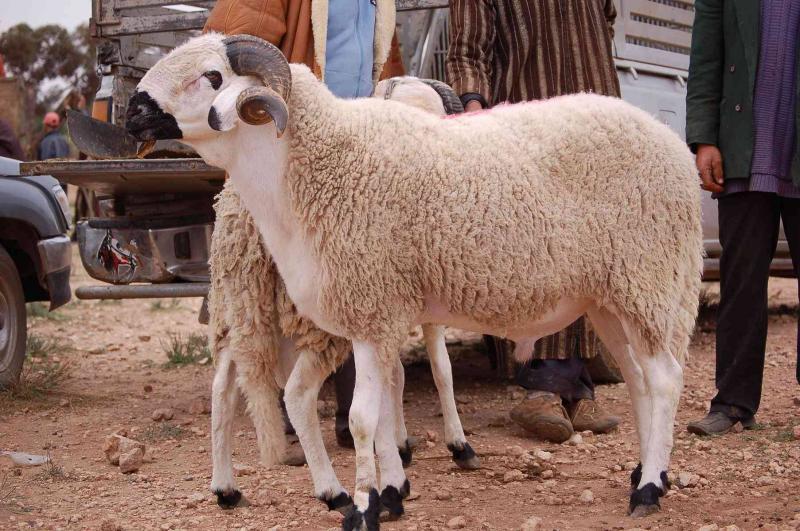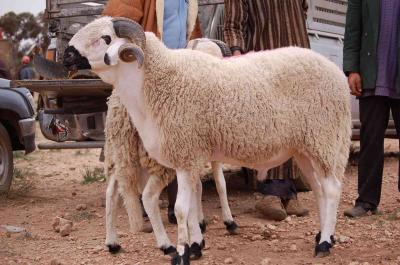With the advent of Eid al-Adha, the Egyptian Fatwa Authority has issued teachings and proper practices for slaughtering in Islam, along with guidance on selecting the sacrifice, and addressing various aspects related to the ritual of slaughter. Regarding the timing for slaughtering sacrifices, the Fatwa Authority stated that it begins after the Eid al-Adha prayer on the tenth day of Dhu al-Hijjah, continuing until sunset on the thirteenth day of Dhu al-Hijjah, which is the fourth day of the holiday.
As for the common practice among children and youth of printing their blood-stained hands on walls and clothes after slaughtering for blessings, the Fatwa Authority indicated that it is not permissible to soil the body, clothing, or possessions with the blood of the sacrifices, as cleanliness and purity are religious and civilized behaviors for every Muslim.
The Fatwa Authority reiterated warnings against the practice of slaughtering sacrifices in the streets and entrances of buildings, which many citizens insist on doing each year. They advised against leaving the remains of the slaughter in the streets to prevent harm to people and the spread of diseases and epidemics, citing the hadith "There should be no harm nor reciprocating harm."
In terms of selecting the sacrifice, the Fatwa Authority recommended choosing a sacrifice that is meaty, even if it is young, to benefit the poor and needy. It should also be free of defects; a sacrifice with health or quantitative issues affecting its meat is not sufficient.
Regarding the rituals of the slaughtering process, the Fatwa Authority clarified that it is preferable to conceal the slaughtering tool from the animal during slaughter and not to slaughter one animal in front of another. They emphasized the need for kindness during slaughter and not to slaughter suddenly, while also stating that the animal should not be dragged from one place to another.
The Fatwa Authority confirmed that it is essential to ensure the animal has died before skinning or cutting any of its parts, and it is necessary to mention God's name and say "Allahu Akbar" during slaughter.
It is not permissible to torture the sacrificed animal or cause it excessive pain to facilitate slaughter. It is recommended to face the Qibla with the sacrifice and position it on its side during slaughter. The Fatwa Authority noted that a Muslim should intend to slaughter as an act of devotion to Allah, and it is recommended to say: "Indeed, my prayer, my rites of sacrifice, my life, and my death are for Allah, Lord of the Worlds; He has no partner. Thus, I have been commanded, and I am among the Muslims. O Allah, from You and for You."
A person who is not qualified and trained should not perform the slaughter. A Muslim is permitted to appoint someone else to slaughter on their behalf but must ensure that the appointed person is qualified and trained.
According to the Fatwa Authority, a Muslim cannot give the butcher anything from the sacrifice as payment, but it may be given as a favor, gift, or charity.
One sheep is sufficient as a sacrifice for an individual, while a cow or buffalo can suffice for seven individuals, provided that each person's share is not less than one-seventh. The Egyptian Fatwa Authority has permitted charitable organizations or others to handle slaughter on behalf of Muslims who find it difficult to perform the sacrifice themselves, and it has also authorized the purchase of a sacrifice certificate.




